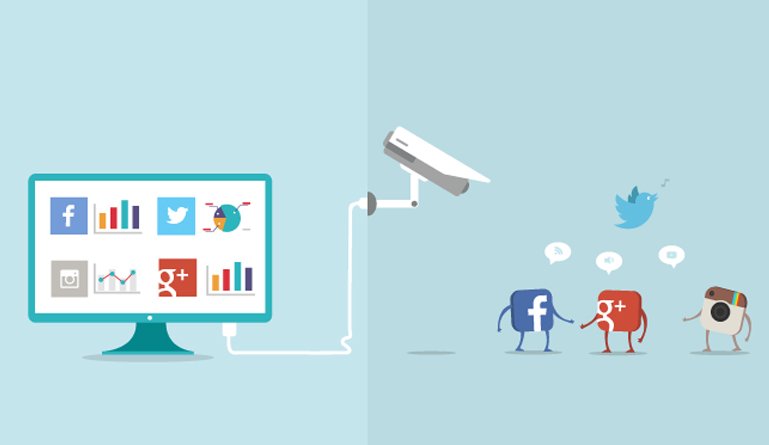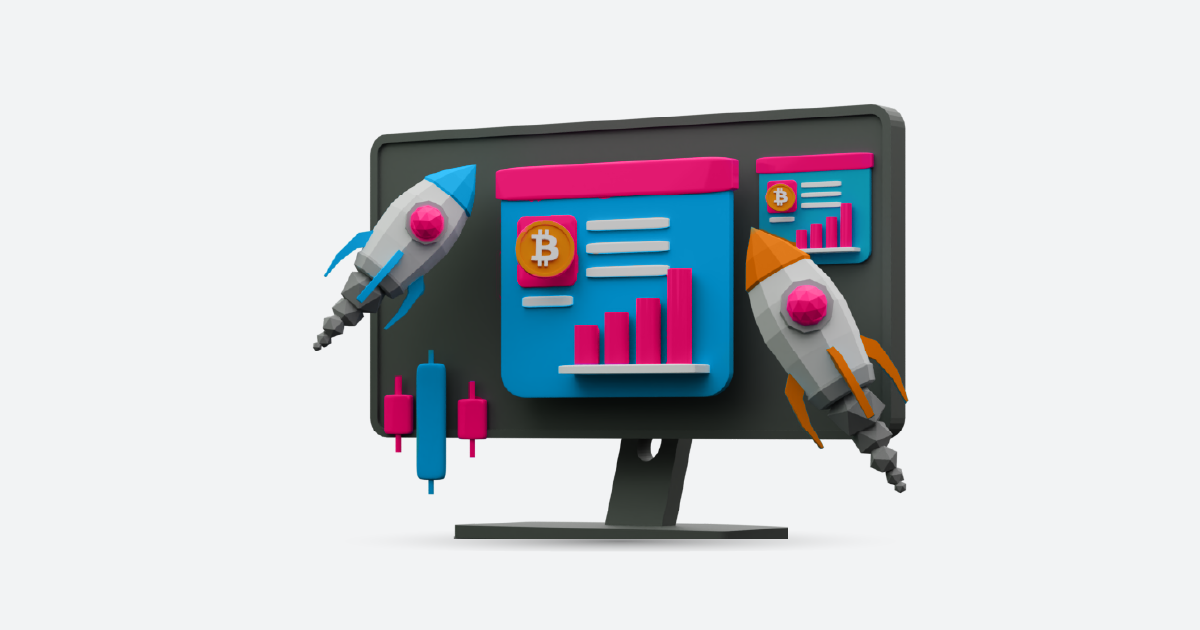In today’s fast-paced digital age, staying ahead of the curve is essential for individuals and businesses alike. Social monitoring has emerged as a crucial tool, allowing us to navigate the intricate web of online interactions. In this article, we will delve into the depths of social monitoring, exploring its significance, benefits, and best practices for effective implementation.
Understanding Social Monitoring

Social monitoring, often referred to as social media monitoring, involves tracking online conversations to comprehend what people are saying about a brand, individual, or industry. This process goes beyond simple social media tracking; it encompasses analyzing sentiments, identifying trends, and gauging the overall perception of a particular entity.
Importance of Social Monitoring
In the vast digital landscape, businesses need to be aware of their online presence. Social monitoring helps in understanding customer feedback, addressing concerns promptly, and enhancing brand reputation. Moreover, it provides valuable insights into market trends, enabling businesses to make data-driven decisions.
Benefits of Social Media Listening
- Real-time Feedback: Social listening allows businesses to receive real-time feedback from customers, helping them adapt and improve their products or services.
- Competitor Analysis: By monitoring competitors’ activities, businesses can identify gaps in the market and create strategies to stay ahead.
- Crisis Management: Rapid response to negative feedback or crises can mitigate potential damage to a brand’s reputation, ensuring customer trust is maintained.
- Enhanced Customer Engagement: Social monitoring facilitates meaningful customer interactions, fostering brand loyalty and increasing customer satisfaction.
Best Practices for Social Listening
Implementing effective social listening requires a strategic approach:
1. Choose the Right Tools
Select social listening tools that align with your objectives. Tools like AIM Insights, Mention, and Brandwatch offer comprehensive insights and analysis capabilities.
2. Define Clear Objectives
Clearly outline what you aim to achieve through social listening. Whether it’s improving customer service, tracking brand mentions, or identifying market trends, having well-defined goals is essential.
3. Analyze Sentiments
Understanding the sentiment behind social mentions is vital. Positive sentiments can be leveraged for marketing, while negative sentiments can prompt proactive measures to address issues.
4. Engage with Your Audience
Respond promptly to customer queries and comments. Engaging with your audience humanizes your brand and fosters a sense of community.
Conclusion
In the ever-evolving digital sphere, social listening stands as a beacon of insight and understanding. By harnessing the power of social monitoring, businesses can navigate the complexities of online interactions, ensuring their presence is not just seen but profoundly felt.
Ready to transform your social monitoring strategy? Request a demo from AIM Technologies today and unlock the full potential of your online presence.
FAQs
Q1: What is the primary purpose of social listening?
- Social listening primarily aims to track online conversations, analyze sentiments, and gain insights into customer perceptions and market trends.
Q2: Can social listening tools be customized according to specific business needs?
- Yes, many social listening tools offer customization options, allowing businesses to tailor their monitoring approach based on their unique requirements.
Q3: How frequently should businesses engage in social listening?
- Ideally, businesses should engage in social listening in real-time to promptly address customer concerns and feedback. Regular monitoring also helps in tracking long-term trends.
Q4: Is social listening limited to specific industries?
- No, social listening can be beneficial for various industries, including retail, healthcare, technology, and more. Any business with an online presence can leverage social monitoring to enhance their brand image.
Q5: Can social listening help in crisis management?
- Absolutely, social listening enables businesses to detect potential crises early, allowing them to respond swiftly and effectively, thereby managing and minimizing potential damage.




